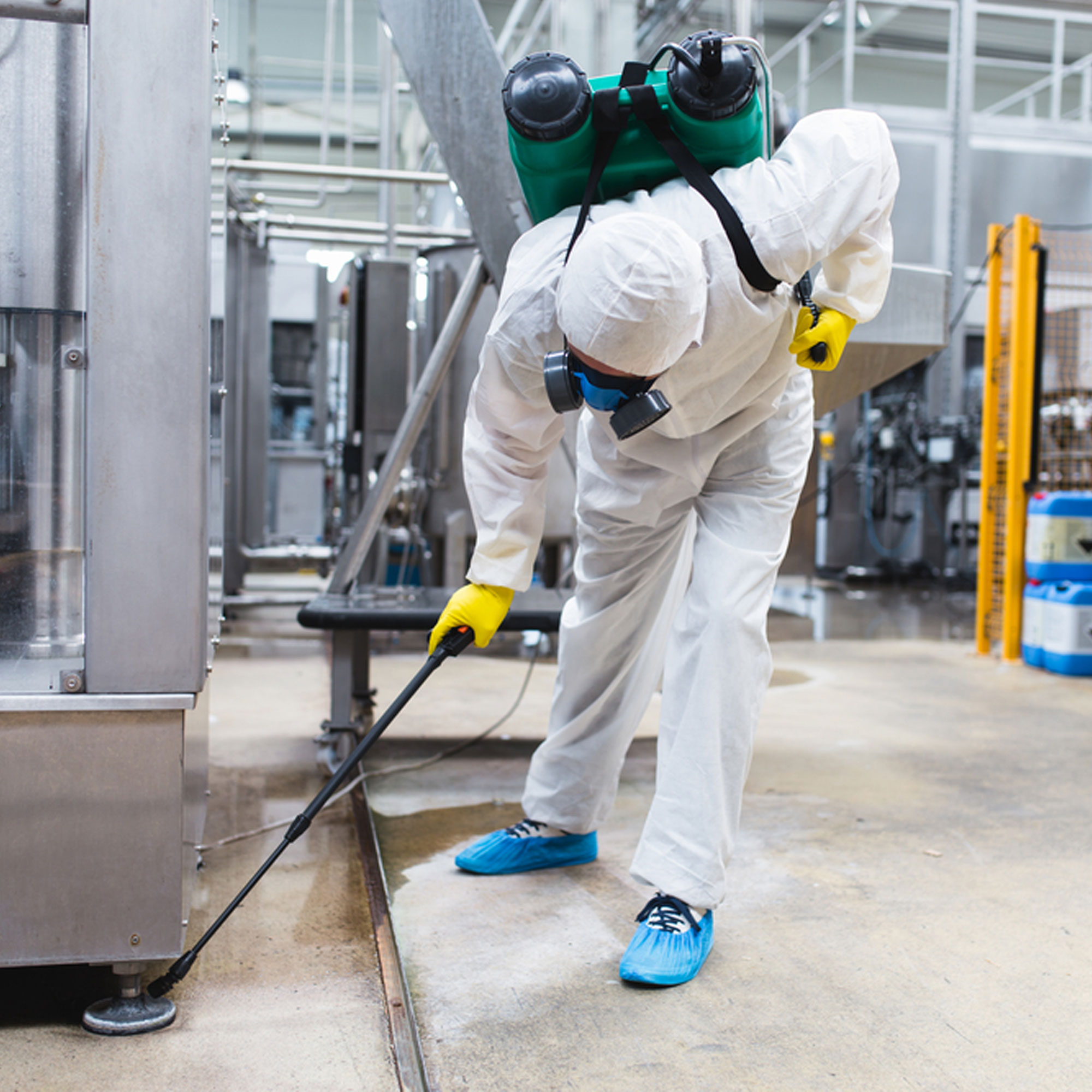

Published with IDFA International Dairy Foods Association
by Mat Bartkowiak, Nelson-Jameson, and Rich & Heather Draper, The Ice Cream Club
Like so many other areas of food safety, when it comes to pest control, focusing on prevention is absolutely key. Whether on the production floor or at the retail level, proper pest prevention and management is an essential part of any food safety plan. Pest control can be managed internally by a company or can be done via a third party contract.
Whichever way you go, your ability to think proactively is key to preventing foodborne illness concerns related to pests. This means understanding conditions in your facility where pests can thrive, auditing your facility for weaknesses, training your employees on what to look for, and being actively engaged in both vigilance and record keeping. It’s important, too, to acknowledge that a one-size-fits-all does not work, as geographical location, weather, the production environment, and seasonal changes can vary the threats that are most prevalent for your facility.
Consider, for example, the myriad of ways pests can get into a facility and why they stay. Any openings in walls, floors, windows, roofs, etc. are all potential entry points. Poor sanitation procedures can also be a cause of infestation, as well as incoming pallets, boxes, and other materials. Once pests have finagled their way into your operation, they hang around for things like: food, shelter, moisture, warmth, and other various needs.
With all of these factors in mind, it can feel a bit overwhelming to figure out how to take on pest control most effectively for your operation. However, you are not alone! There are plenty of great resources out there. Here is an action plan, for example, that can get you thinking about pest control proactively:
The following free resources offer great insight into pest control in food industry environments. Be sure to consult with your local inspector, regulatory agency, etc. as well to help figure out the best program/fit for your facility.
Food Manufacturing, Processing and Storage Pest Control – University of Arkansas
A Pest Control Program – Purdue University
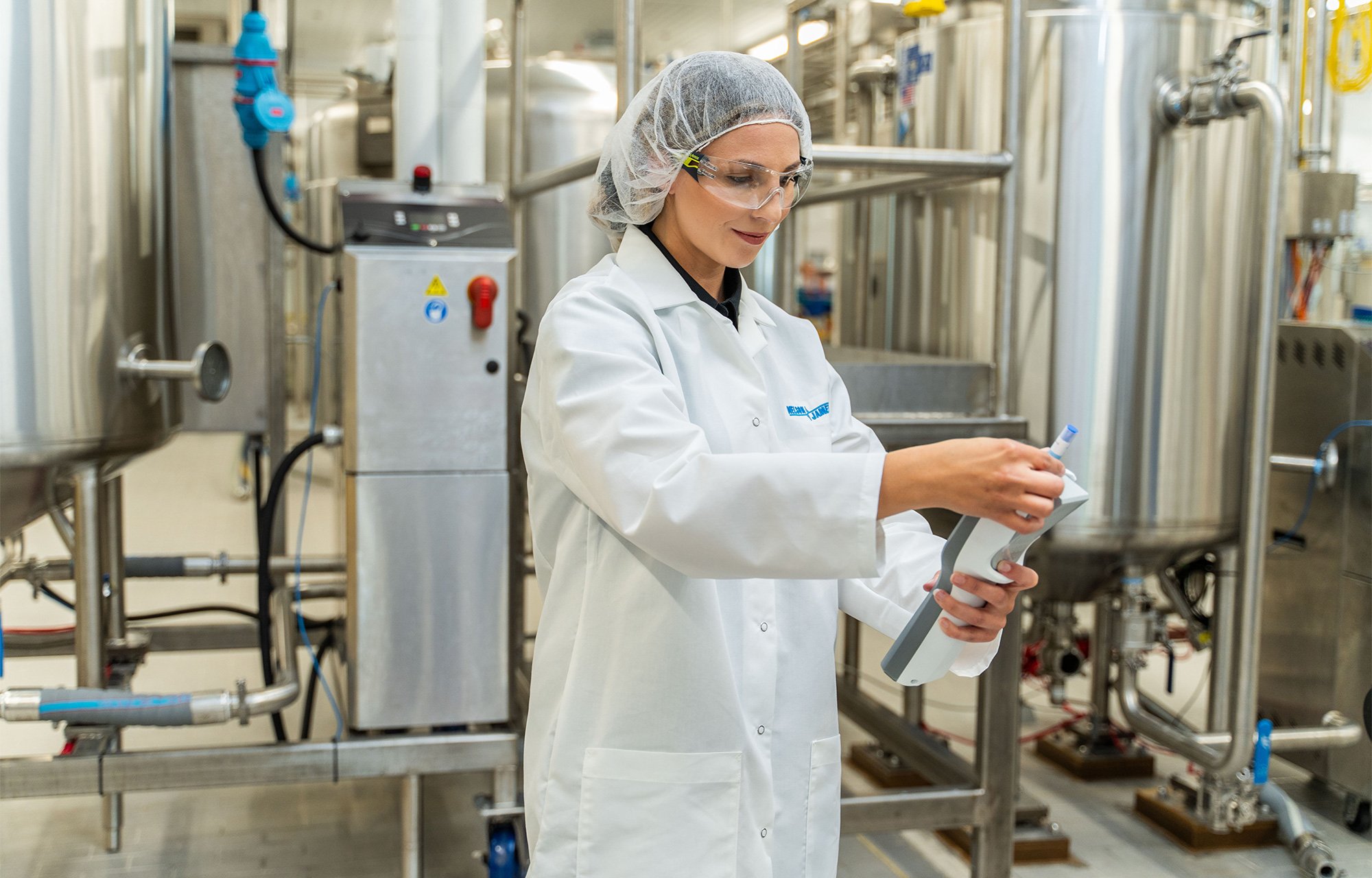
February 3, 2026
Ensuring the safety and quality of dairy products requires a robust framework combining rigorous testing...
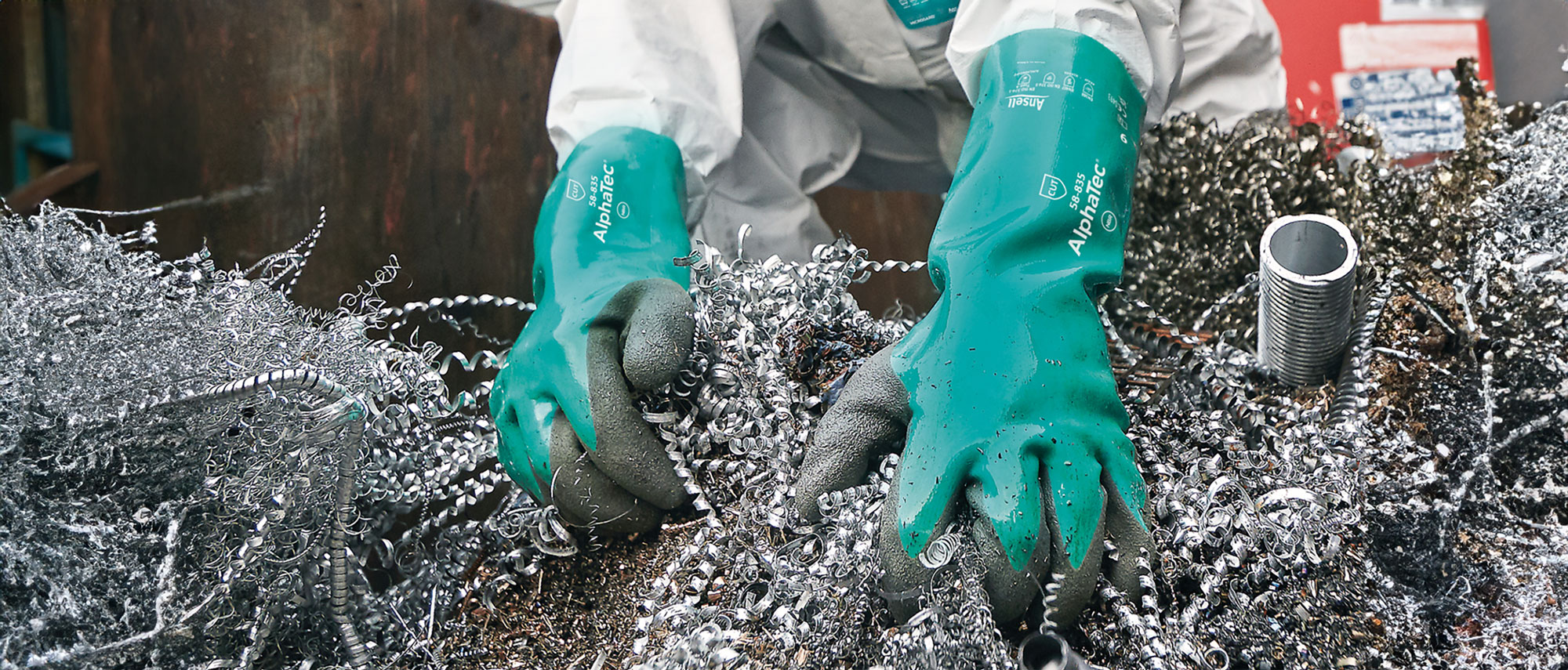
January 12, 2026
Gloves can force a choice between comfort and protection. But compliance, efficiency in usage, and worke...
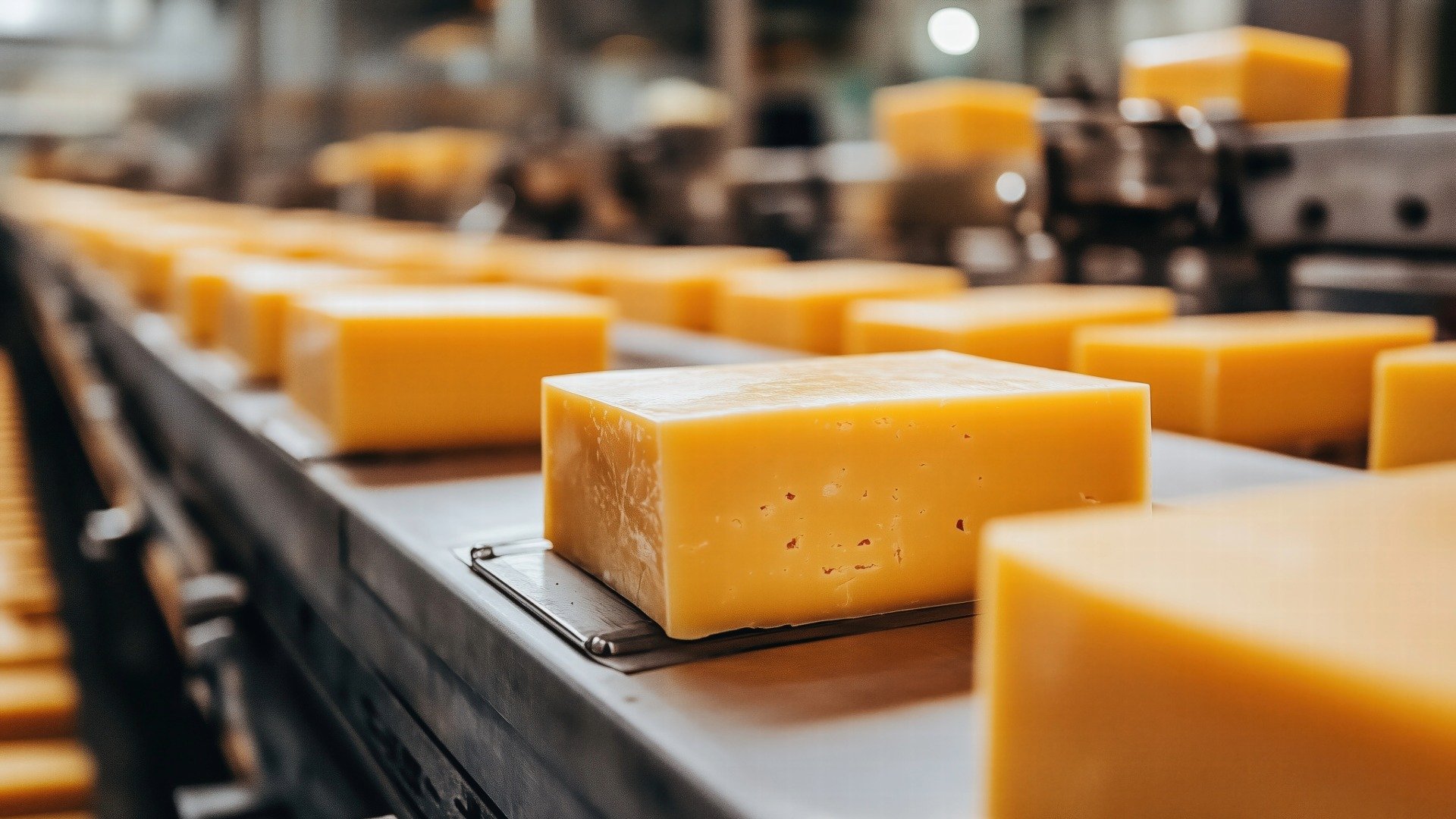
January 2, 2026
From regulatory updates to evolving needs for operational efficiency, food processors spent 2025 adaptin...
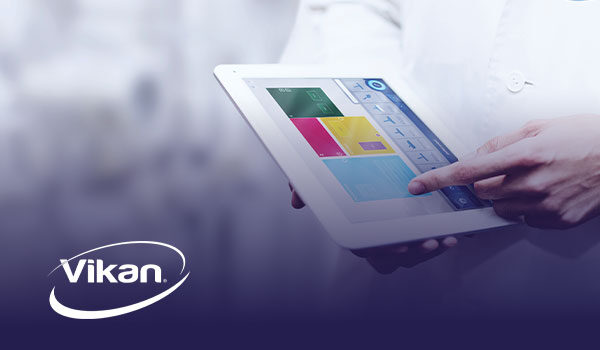
Recognize and address possible hygiene and sanitation challenges based on the cleaning and material handling equipment available in your facility.
Through a discovery call, virtual, or on-site assessment, Vikan SQF Practitioner certified specialists will assist in confirming that your system and cleaning tool inventory aligns with your risk management objectives while pinpointing any missing tools and enhancing maintenance and usage practices. Evaluate whether your existing tools are utilized in the most effective manner, or determine if a more suitable tool exists for the task at hand. Ensure that your tools comply with all relevant standards and regulatory requirements. Site evaluations encompass a summary survey, an overview of the location, a color-coded factory layout plan, product suggestions, a recommended order form, and a proposal for a follow-up survey.
Food Safety, Sanitation, Cleaning Tools, Color Coding
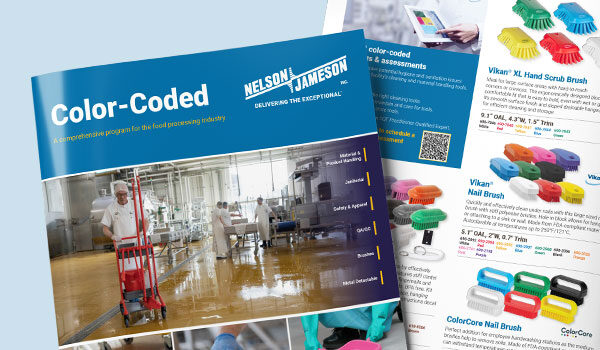
This is a comprehensive program for the food processing industry. Nelson-Jameson brings together the most extensive collection of color-coded products for material handling, product handling, janitorial, safety, apparel, QA/QC, and metal-detectable applications. With the right pieces, a color-coding system is a powerful tool in preventing cross-contamination of allergens and food-borne illnesses that can lead to sickness or expensive product recalls.

Food Safety, Sanitation, Cleaning Tools, Color Coding
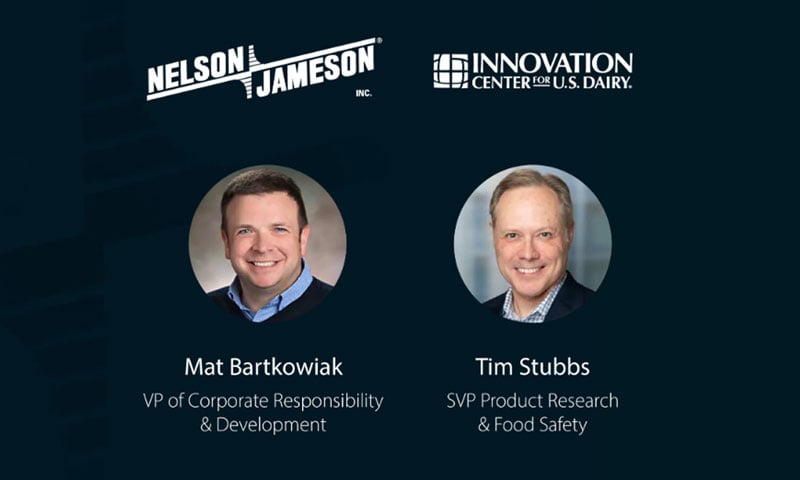
Food Safety
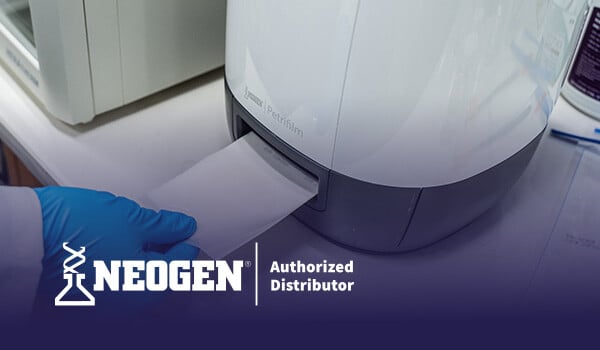
Get Petrifilm Certified through our complimentary immersive workshop for managers, personnel, and teams. The workshop offers practical knowledge through hands-on training and networking with industry professionals and experts. Attendees gain an in-depth understanding of Petrifilm technology and valuable insights into effective environmental monitoring practices. Participants leave with a certification and a wealth of resources that can significantly contribute to elevating their plant's quality control standards.
Food Safety, Sanitation, Laboratory